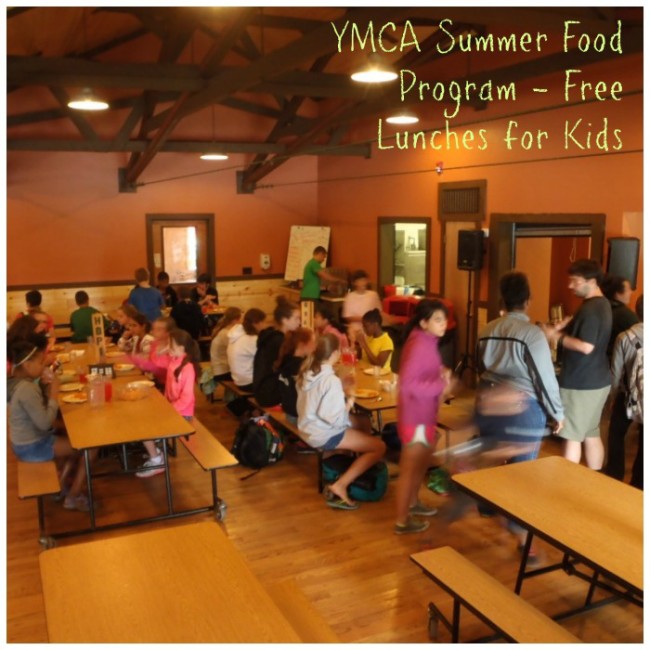
Hot dogs on the grill, watermelon, grapes, hamburgers and potato salad – these are all staples of delicious summer meals.* While most of us have more than we could ever eat (and a fridge full of leftovers), more than 16 million children live in homes that struggle to put full meals on the table.
More than 30 million children take advantage of the National School Lunch Program, which provides free or reduced-cost meals to children in schools across the country. Additionally, at least 10 percent of teachers say they buy food weekly for hungry students. When school is out for the summer, many of these children go without regular meals.
Hunger effects a child in many ways: emotionally, mentally and most important, physically. Hungry children are more likely to experience short-and long-term health problems, including stomachaches and hospitalization. They are two thirds more likely to be at risk of developmental and behavioral problems than children who have enough to eat. Children who miss meals because of food insecurity can have trouble concentrating and retaining information.
The USDA combats this hunger epidemic by offering the Summer Food Service Program, but only about 2.3 million children of the 30 million who receive free and reduced-cost lunches take advantage of the program. The federal Supplemental Nutrition Assistance Program, or SNAP, can help, but because the monthly SNAP benefit is less than $1.50 per person, per meal, and 90% of SNAP benefits are redeemed before the third week of the month, children can still miss out on important nutrition. All these facts mean that during the summer, when many children are enjoying the abundance of food and fun, millions of children are losing their main source of nutrition.
The YMCA of the United States has partnered with the Walmart Foundation to provide 5 million meals and snacks to more than 150,000 children and teenagers this summer. The summer food program is open to children and teens ages 5 to 18 in more than 1,000 communities nationwide. In addition to nutritious and delicious meals, the summer food program will provide activities and learning opportunities for these children to help them get their fill of food and fun during the summer.
This project is part of the commitment to keeping kids healthy, regardless of their economic status. In addition to receiving nutrition food and snacks, children in the Y Summer Food Program will be able to strengthen their bodies and minds, as well as socialize with other children in their communities. Stronger kids equal stronger communities and a brighter outlook.
To learn more or to find a Y in your community, visit the YMCA Summer Food Program website.
Thanks to YMCA for sponsoring today’s story.
Image credit: Flickr/Camp Pinewood


Leave a Reply